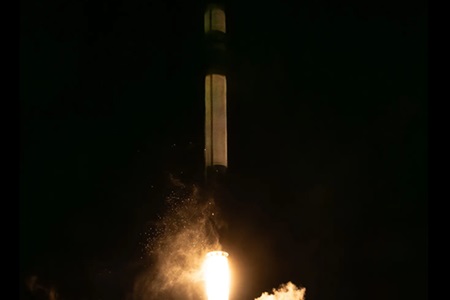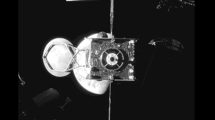
Rocket Lab has launched the first of two consecutive missions for NASA‘s PREFIRE (Polar Radiant Energy in the Far-InfraRed Experiment), a climate change-focused initiative. The mission, titled “Ready, Aim, PREFIRE,” took off from Rocket Lab Launch Complex 1 in Mahia, New Zealand, deploying the first of two satellites into a 525km circular Low Earth Orbit.
Following this deployment, the second satellite is scheduled for launch on a dedicated Electron mission named “PREFIRE and Ice,” with the launch date to be confirmed early this week.
The PREFIRE mission’s success hinges on Rocket Lab’s capability to deliver dedicated launches to precise orbits on demand. The mission requires two satellites to follow similar trajectories along different paths, overlapping every few hours near the Arctic and Antarctica to capture accurate heat loss measurements. Each satellite is equipped with a thermopile device, akin to sensors found in household thermostats, to measure heat loss at far-infrared wavelengths—a metric that has never been systematically measured before. This data will enhance climate and ice models, offering better predictions of future sea levels and weather patterns.
Peter Beck, Rocket Lab’s founder and CEO, said: “Missions like PREFIRE demonstrate the unique benefit of Electron – dedicated launch for small satellites to precise orbits on precise schedules. We’ve demonstrated this back-to-back launch capability for NASA once before with the TROPICS mission and we’re excited to deliver it once again for PREFIRE. Climate change-focused missions like this are essential to understanding and safeguarding the future of our planet. It’s a privilege to support them on Electron.”
This launch marks Rocket Lab’s 48th Electron mission overall and the sixth launch of 2024.














Add Comment